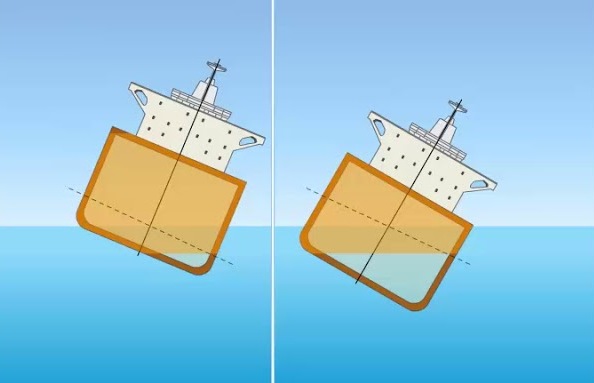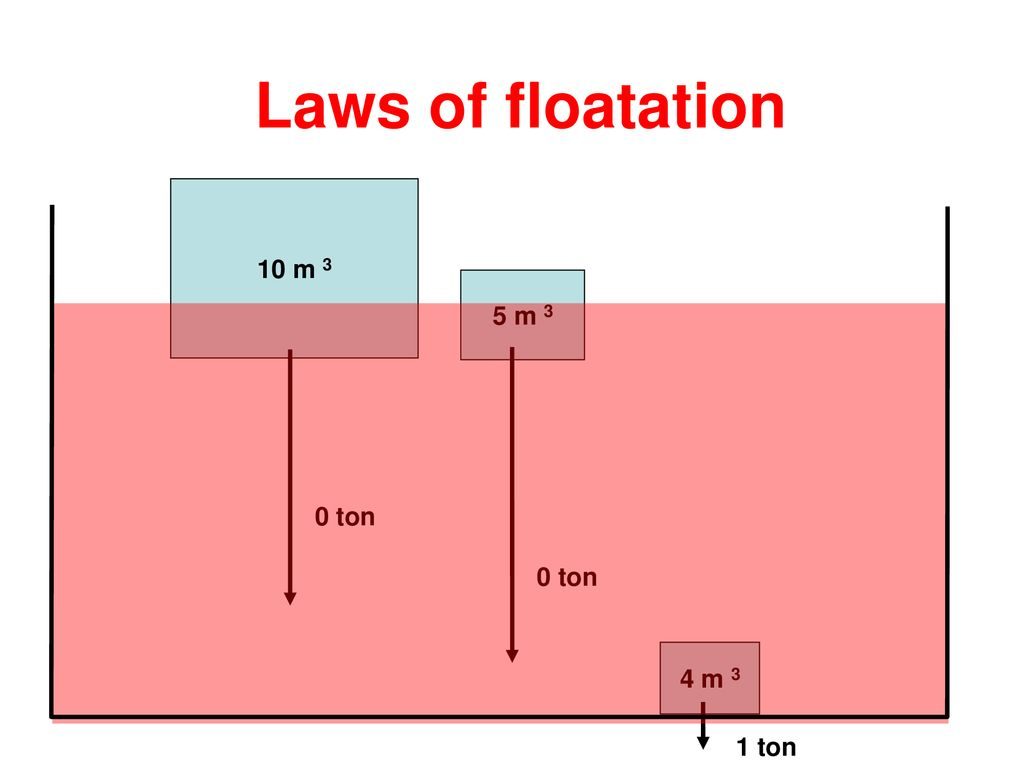
The principle of floatation states that an object will float if it has a greater density than the fluid it is placed in. This means that the object will displace a volume of fluid equal to its own weight, and the buoyant force of the fluid will be greater than the weight of the object. In order for an object to float, it must be less dense than the fluid it is placed in.

